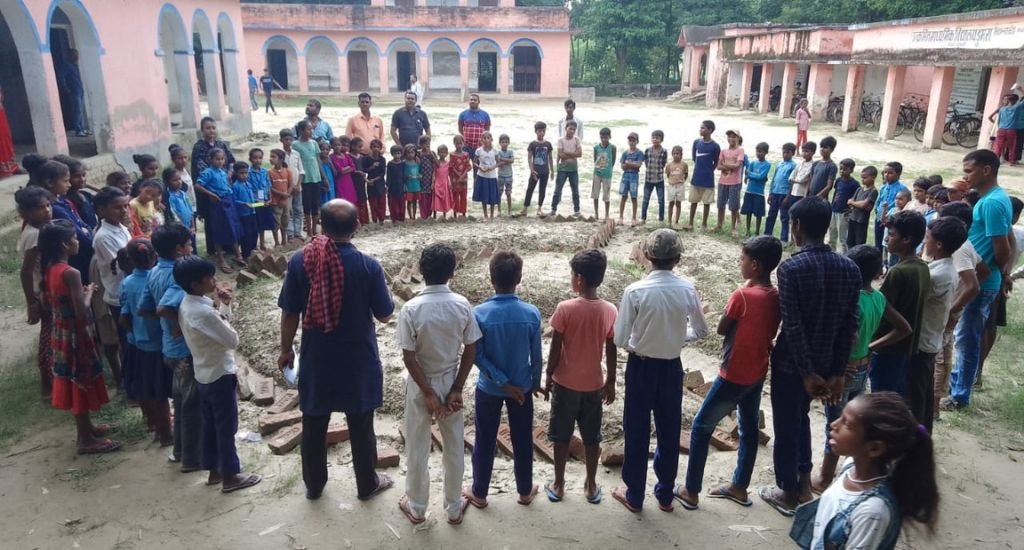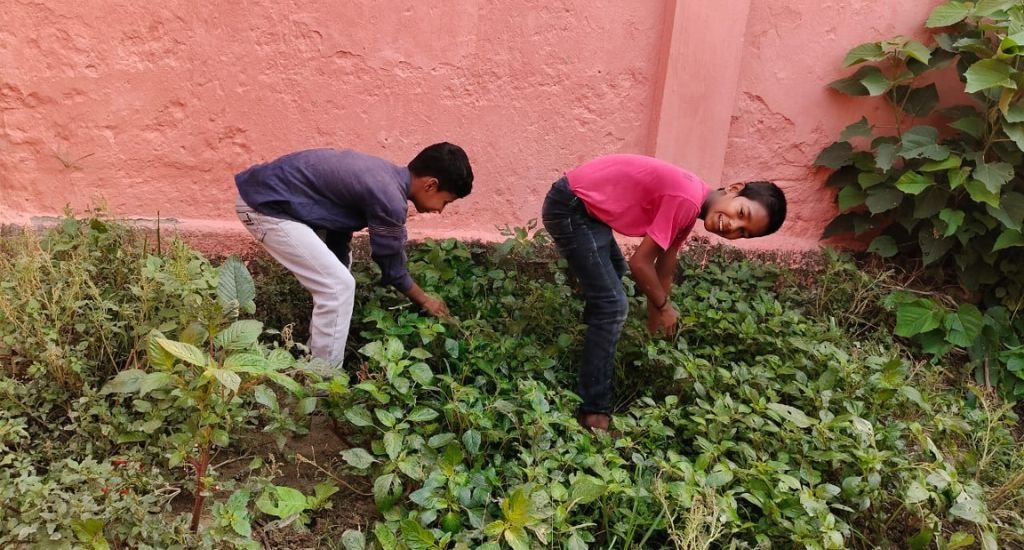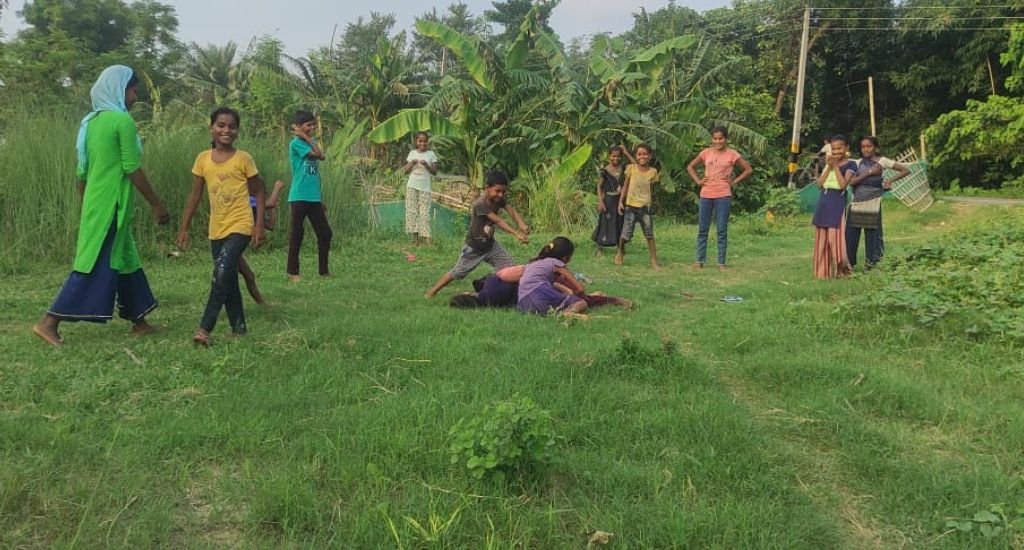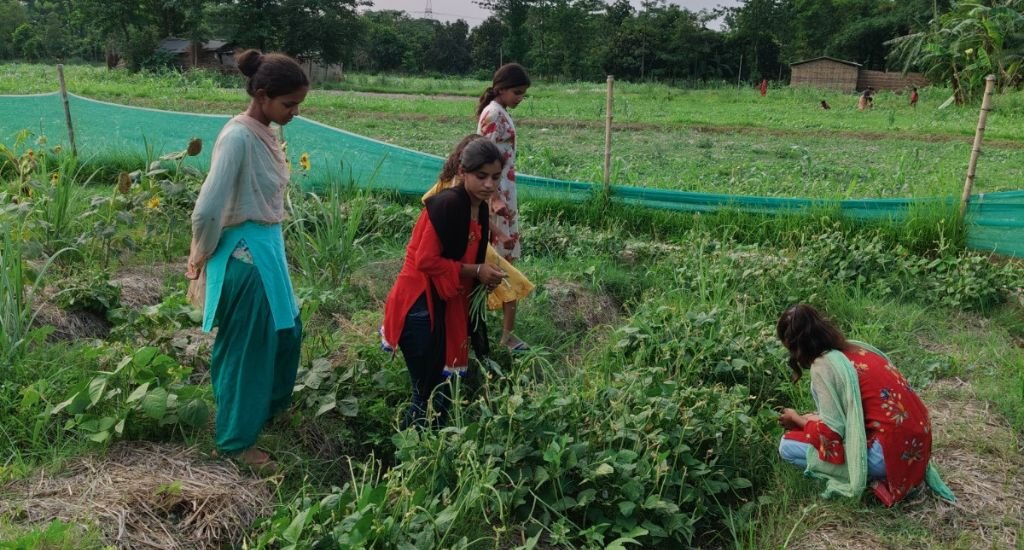A man from Bihar embarked on a cross-country bicycle adventure in 2016. A quest to know the heart of rural India and its people in a meaningful way. However, the Covid-19 pandemic in 2020 brought to an abrupt halt his tour that began in 2014, covering over 27,000 km across 21 states in the country.
“I wanted to understand India. I rode my bicycle and got connected to my country’s soil — for the first time, directly,” said Rakesh Rider. The journey undertaken by the 48-year-old cyclist-agroecologist was unplanned, but it led him to a lifelong mission of reviving Bihar’s agricultural roots through agroecology.

As he cycled through the countryside he saw something troubling.
“I learned so much while roaming the country alone, talking to thousands of villagers. I knew what they thought of their degrading soil and excess use of fertilisers,” he recalled. “India is a diverse country, not just culturally, but agriculturally as well. That diversity has been shrinking. Mono-cropping has been replacing multi-cropping.”
In Rider’s home village of Tariyani Chhapra in Sheohar district, he decided to take action. He knew that the people of his village needed to hear about the dangers of this shift in agriculture and the damaging effects of chemical fertilisers on the soil.
He began promoting climate-resilient farming practices, integrating them into the local schools. His work with schools soon became his passion.

“More than 60 students are learning about climate change and its impacts on agriculture and the environment,” he said.
Today, Rider is sowing the seeds of a new revolution in the villages scattered across Bihar’s five districts, where he is a familiar and beloved figure.
Cultivating change
Central to Rider’s work is his love for seeds — natural, pure seeds that he collects from different regions. His nursery, named Studio Saag, has amassed over 300 kinds of seeds, ranging from vegetables to fruit trees.
“I bring these seeds and examine them in my nursery. If successful, we distribute the seeds amongst the farmers,” he said. This practice of seed preservation is essential to his vision of sustainable farming in Bihar, ensuring that future generations can grow healthy crops without relying on costly, chemical-laden alternatives.
Rider is also on a mission to reduce the cost of farming, an issue that plagues small-scale farmers across India.

“The market has made organic farming fashionable and costly, but farming has to be natural. That means no use of chemical fertilisers,” he asserted.
It takes time, often years, to regenerate the soil for manure-based farming, but Rider’s efforts are beginning to bear fruit. Around 250 farmers are now connected to his initiative, with 90 of them already having made the switch to sustainable farming in Bihar.
Through his Jaikali Kunwar Memorial Trust, Rider has built a network of farmers and educators who are working together to transform Bihar’s agricultural landscape.
The core of Rider’s message is simple: profit-driven mono-cropping is killing the fertility of India’s soil. Agroecology, an approach that combines ecological principles with traditional farming practices, is the solution he champions.
“Agroecology is exactly what our country needs today. It’s a sustainable, resilient and equitable alternative to current farming practices,” he explained.
For Rider, agroecology is not just a method of farming — it is a way of life deeply connected to India’s cultural heritage. “As I learnt from the grassroots about indigenous cultivation, I realised that it’s not a new phenomenon. It’s historically rooted,” he said. “Also, it starts from the bottom and moves upward, unlike the trickle-down effect.”



